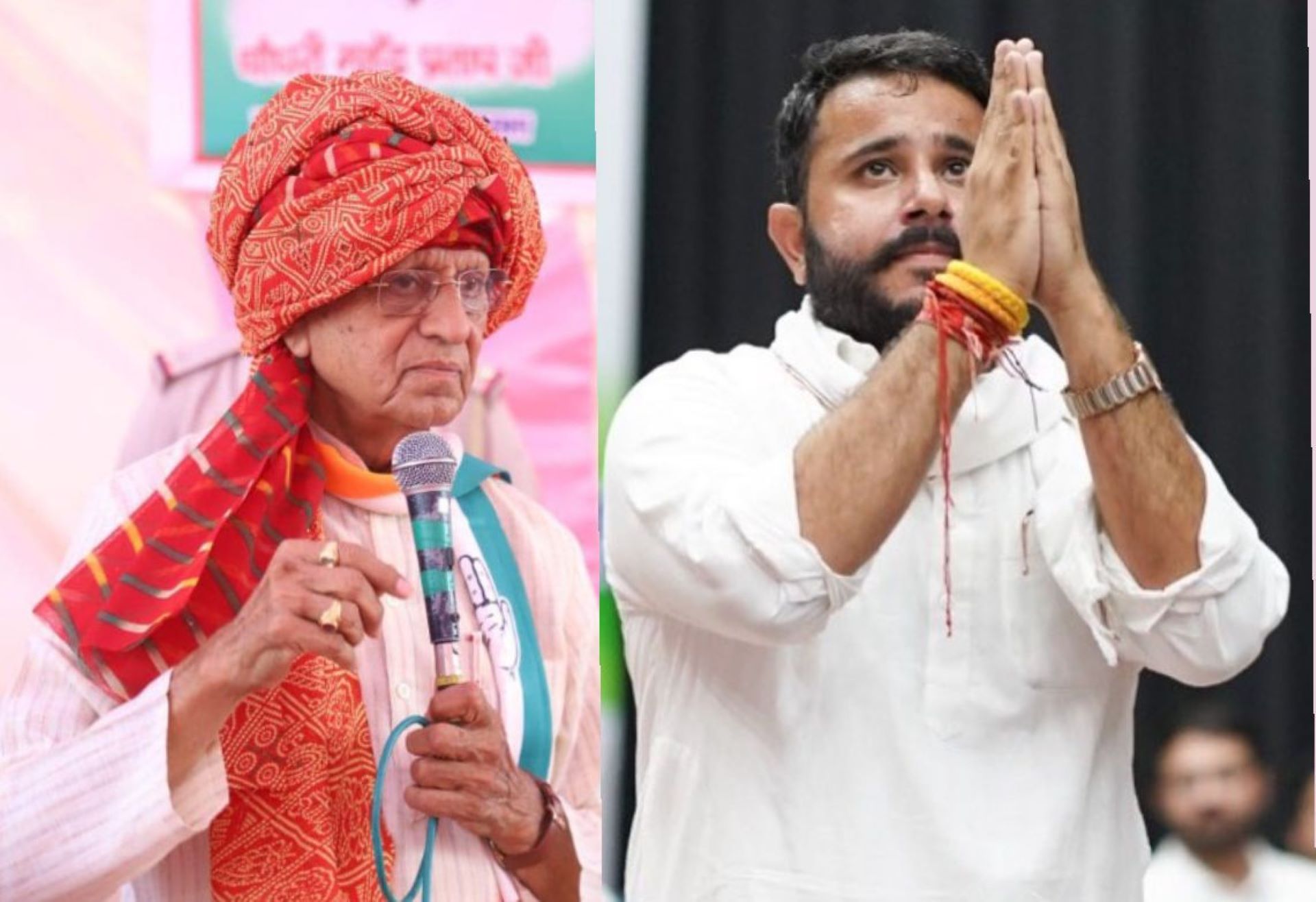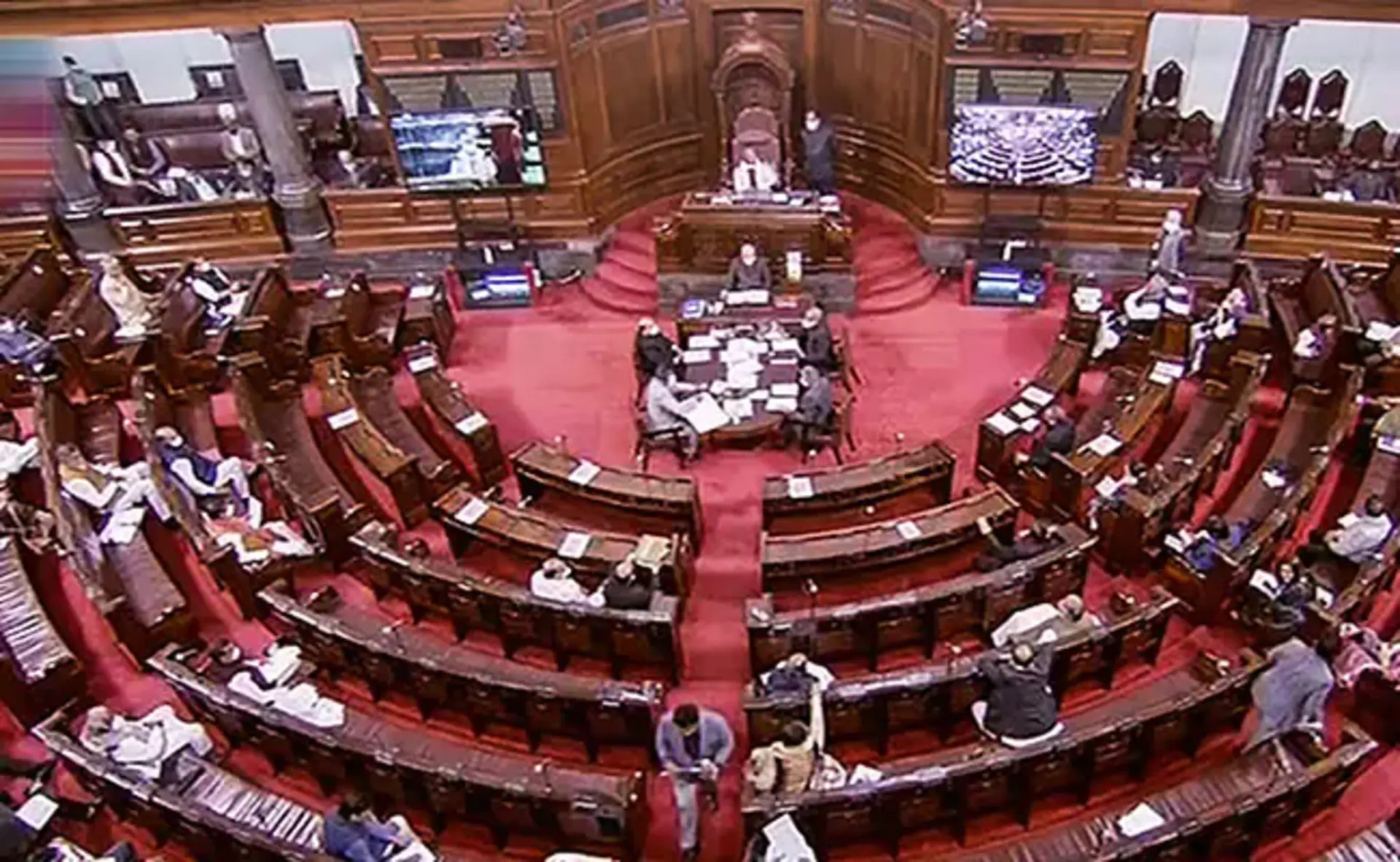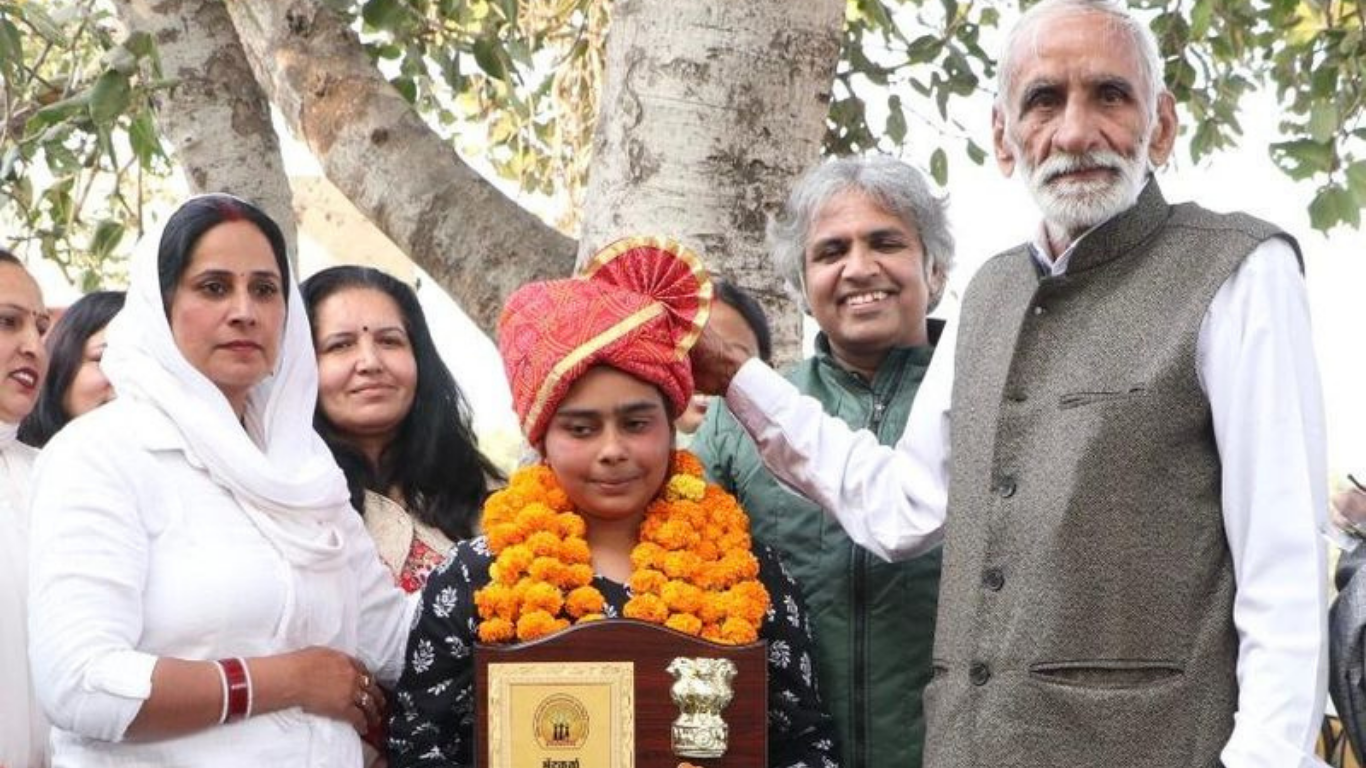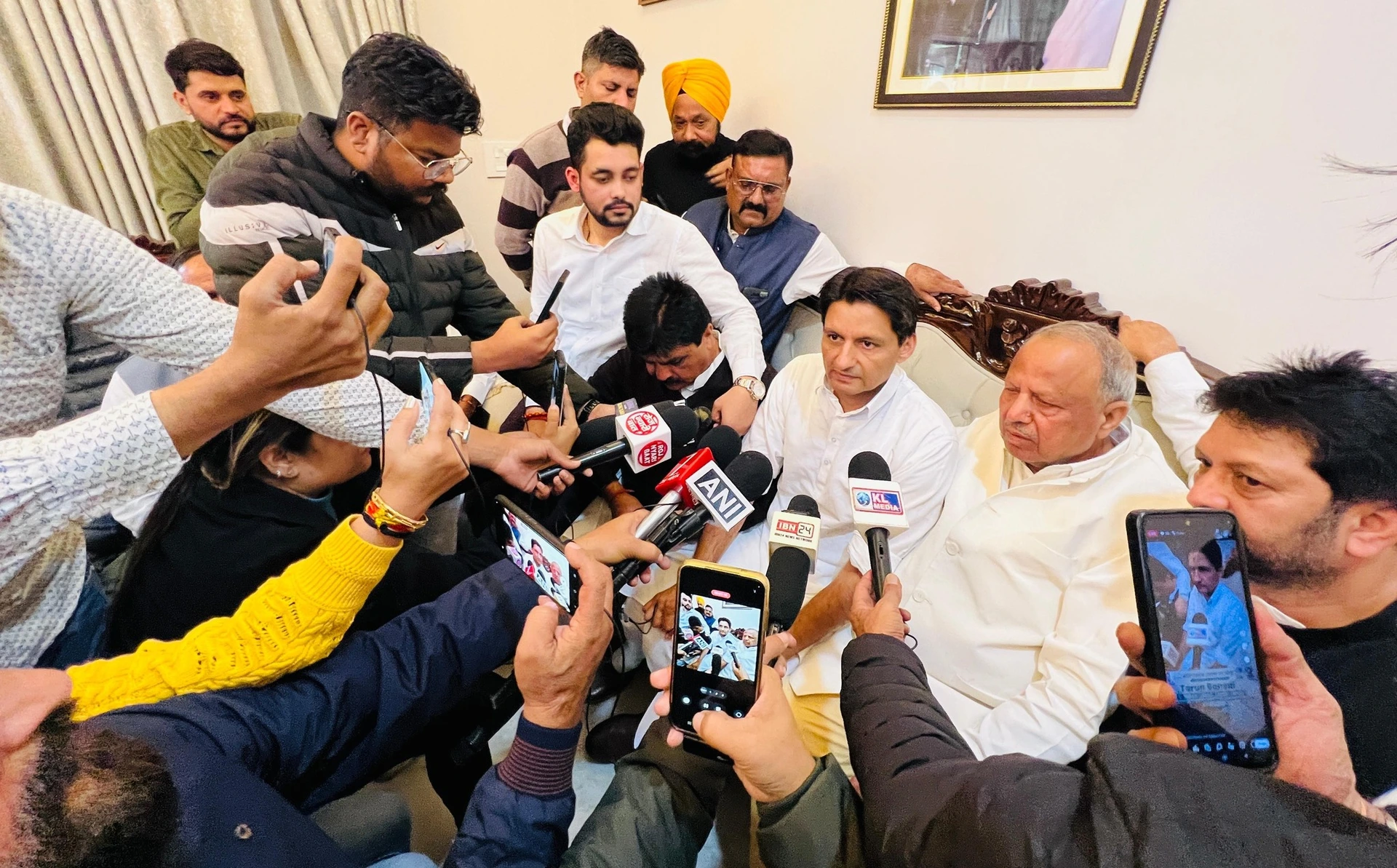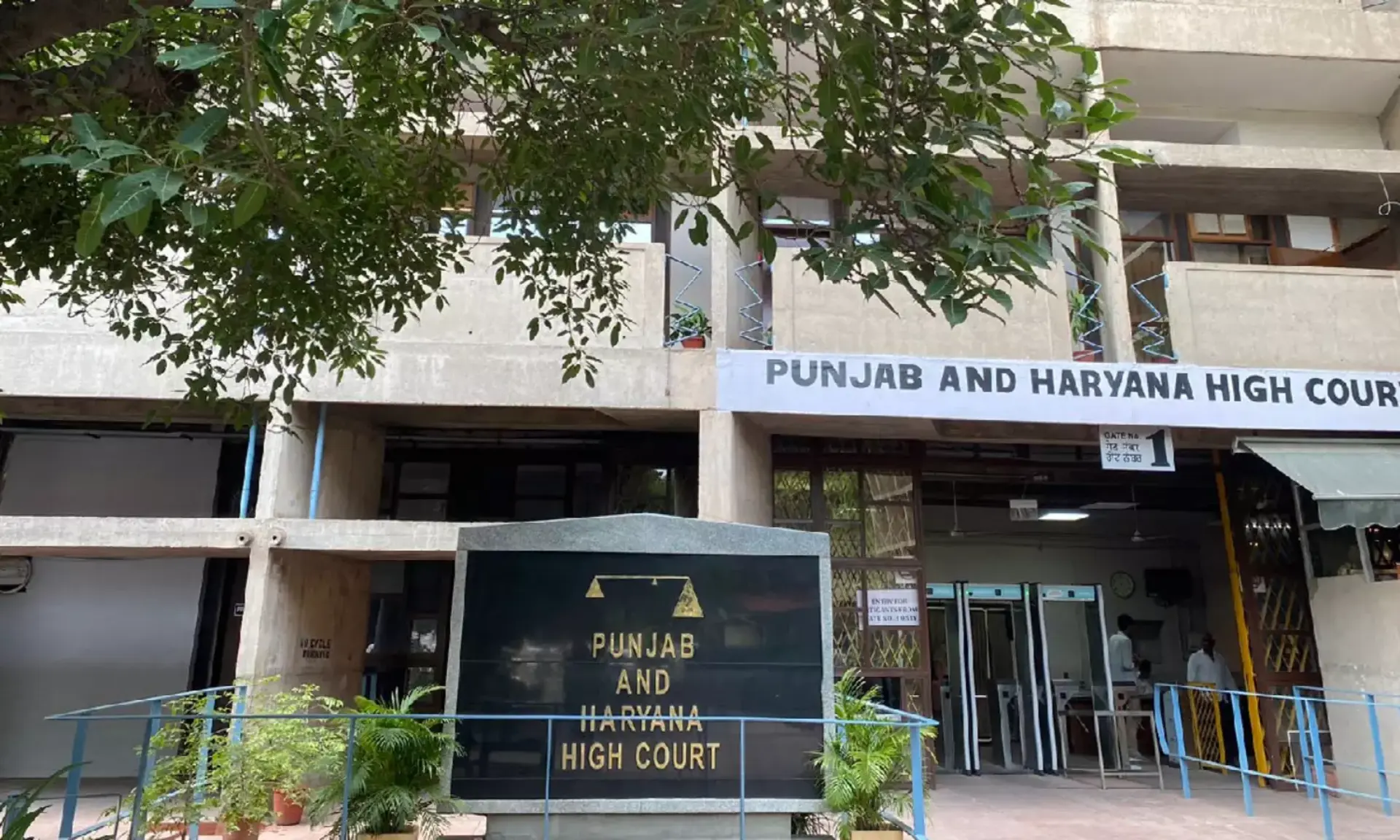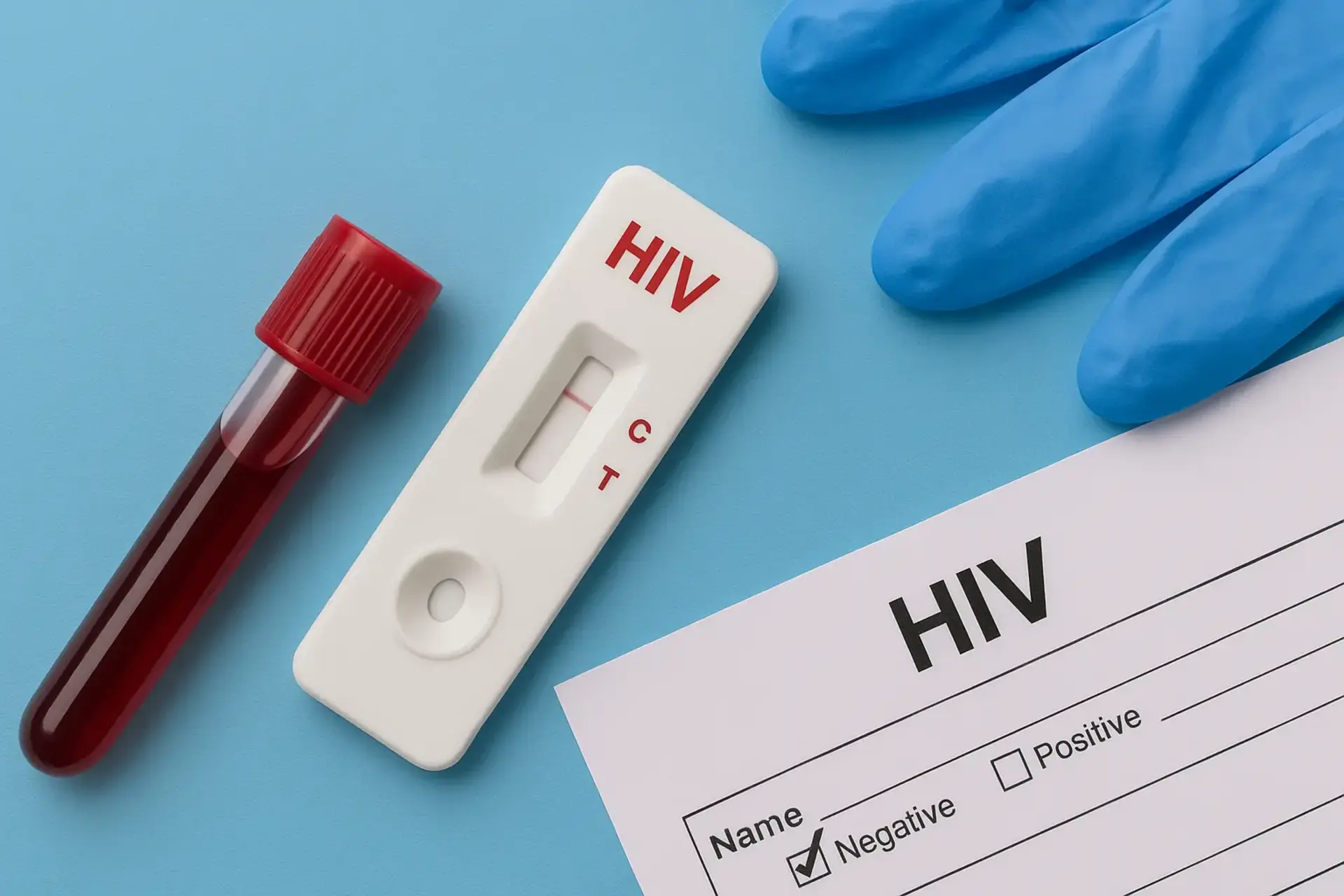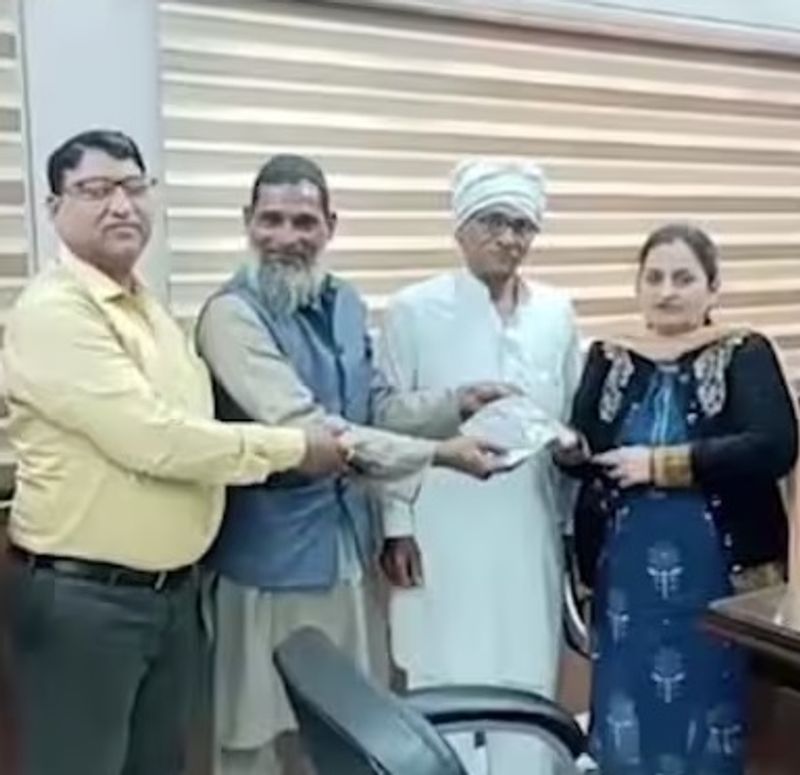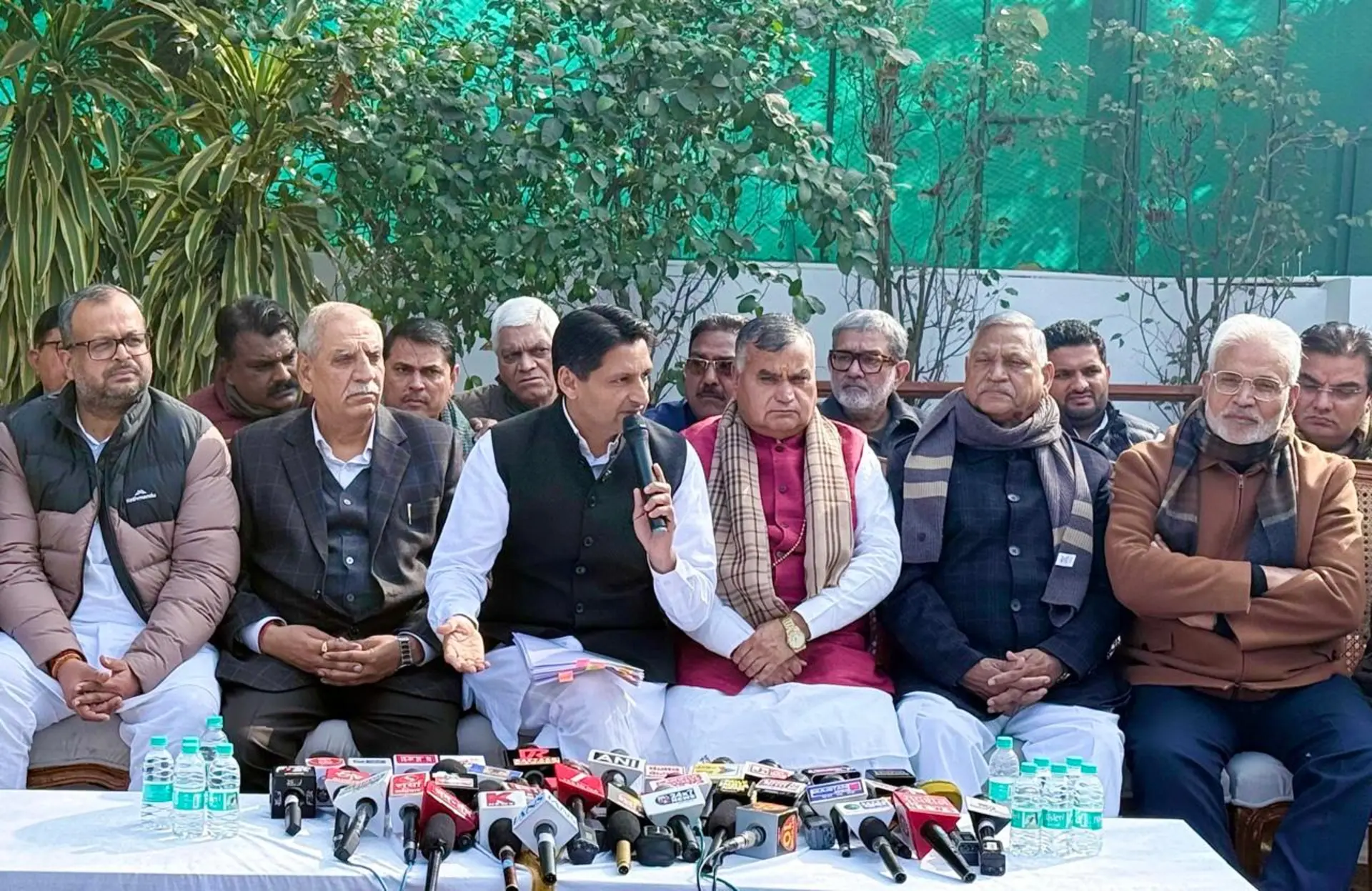
In a significant development following the recent Lok Sabha elections in India, two Congress candidates from Haryana have raised concerns about the integrity of Electronic Voting Machines (EVMs) used in their constituencies. Divyanshu Budhiraja from Karnal and Mahender Pratap Singh from Faridabad, both of whom lost to their BJP counterparts, have approached the Election Commission of India (ECI) with requests to re-verify the burnt memory and microcontrollers of EVMs in specific booths.
Budhiraja, who lost to former Chief Minister and BJP candidate Manohar Lal Khattar by a margin of 2,32,577 votes, has demanded re-verification for four booths - two in Karnal and two in Panipat. Meanwhile, Singh, who was defeated by BJP leader Krishan Pal Gurjar with a margin of nearly 1.7 lakh votes, has sought re-verification for two booths in the Badkhal area of Faridabad.
The Election Commission has accepted these applications in accordance with its provisions, signaling a willingness to address concerns about electoral integrity. Budhiraja, commenting on his request, said, "I have demanded re-verification of EVMs at four booths. The EC has accepted my request." He also suggested changes to the Standard Operating Procedure (SOP), proposing a shorter timeframe for EVM verification and nominal charges for the process.
This development comes in the wake of a new comprehensive administrative SOP issued by the Election Commission on June 1. The SOP outlines protocols for the application process, including safeguards and controls for conducting the checking and verification process, as well as the required documentation.
According to the new guidelines, state Chief Electoral Officers (CEOs) must communicate the list of applicants to EVM manufacturers within 30 days of the declaration of results. Notably, the CEOs have already conveyed this information 15 days ahead of schedule, demonstrating a proactive approach to addressing these concerns.
The SOP stipulates that the checking and verification process can commence within four weeks of verifying the status of election petitions filed in the respective constituencies. This verification is to be obtained from the Registrars of the respective High Courts by the CEOs. For the current election cycle, the deadline to file a petition is set for July 19.
Once the election petition status is received, EVM manufacturers are required to issue schedules for checking and verification within two weeks. This structured approach aims to ensure transparency and maintain public trust in the electoral process.
The move by these Congress candidates highlights the ongoing debate surrounding the use of EVMs in Indian elections. While electronic voting has been praised for its efficiency and potential to reduce electoral fraud, it has also faced criticism and skepticism from various quarters. The willingness of the Election Commission to entertain these re-verification requests demonstrates a commitment to addressing such concerns and maintaining the integrity of the democratic process.
As India continues to grapple with the challenges of conducting free and fair elections on a massive scale, the outcome of these re-verification efforts could have significant implications for future electoral practices and public confidence in the voting system. The coming weeks will be crucial as the process unfolds, potentially setting new precedents for electoral transparency in the world's largest democracy.



